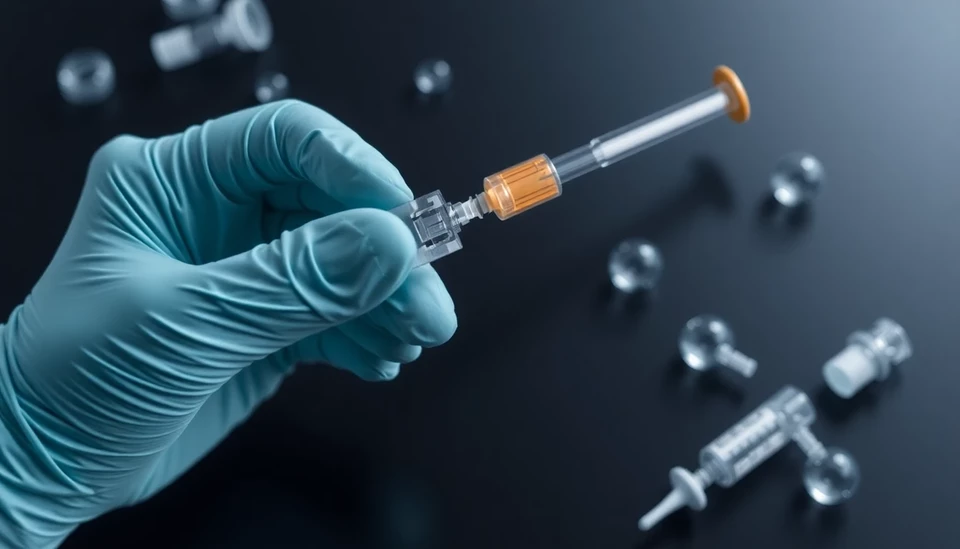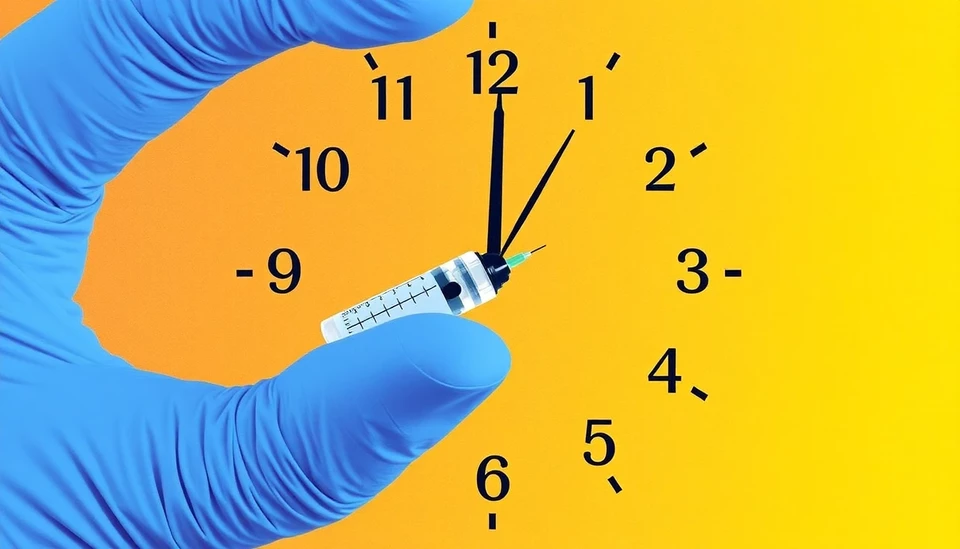
The ongoing battle against the opioid epidemic, particularly the surge of fentanyl-related overdoses in recent years, is taking a hopeful turn with the development of a groundbreaking vaccine. Researchers are excited about the possibilities of a vaccine that could immunize individuals against the harmful effects of fentanyl, potentially saving thousands of lives. This innovative approach aims not only to reduce the risk of overdose but also to change the landscape of addiction treatment.
Fentanyl, a synthetic opioid that is 50 times more potent than heroin, has contributed to a staggering rise in overdose deaths. In 2022 alone, more than 70,000 Americans lost their lives to fentanyl-related incidents. Given its potency and the widespread availability of counterfeit pills laced with fentanyl, traditional methods of prevention and treatment have struggled to keep up.
The concept of a fentanyl vaccine centers on creating a biological response that targets the opioid before it can exert its lethal effects. This vaccine would work by stimulating the immune system to produce antibodies that bind to fentanyl, preventing it from entering the brain and producing its euphoric effects. Essentially, this could render the opioid ineffective, offering a new layer of protection for individuals at risk of opioid use and overdose.
This innovative approach has shown promising results in initial preclinical trials. The vaccine's design involves a harmless protein that mimics fentanyl, prompting the immune system to recognize and attack the opioid if introduced into the body. Researchers believe that if proven effective in humans, this vaccine could significantly reduce the incidence of overdoses, especially for those in high-risk populations.
Experts highlight that while this vaccine could be a game-changer, it is not a standalone solution to the opioid crisis. Comprehensive strategies—including access to addiction treatment, harm reduction services, and ongoing education about the risks associated with opioid use—will remain essential. Nevertheless, should clinical trials prove successful, the availability of a fentanyl vaccine could complement existing methods and offer new hope to those grappling with addiction.
The timeline for the vaccine's potential approval is still uncertain, as extensive testing in human subjects is required. Advocates for the vaccine urge for expedited research and testing processes, emphasizing the need for any viable solution to be available as soon as possible. Given the urgency of the opioid epidemic, the development of a vaccine that addresses fentanyl could provide a much-needed tool in reducing the number of lives lost to this crisis.
While the journey ahead may be long, the scientific community is buoyed by these early developments. The promise of a fentanyl vaccine is a beacon of hope amid the ongoing struggle against addiction and overdose—a complex issue that requires collaborative efforts and innovative solutions from all sectors of society.
As we advance, the focus will be on ensuring safety during the vaccine trials and addressing any ethical concerns that may arise. In this critical time, raising public awareness about the dangers of fentanyl and the potential role of a vaccine is essential to garnering support for its development.
The fight against the opioid crisis continues, but the potential for a fentanyl vaccine shines a light on new possibilities, aiming to transform lives and save countless others from the clutches of addiction.
#FentanylVaccine #OpioidCrisis #AddictionTreatment #OverdosePrevention #HealthInnovation
Author: John Harris
